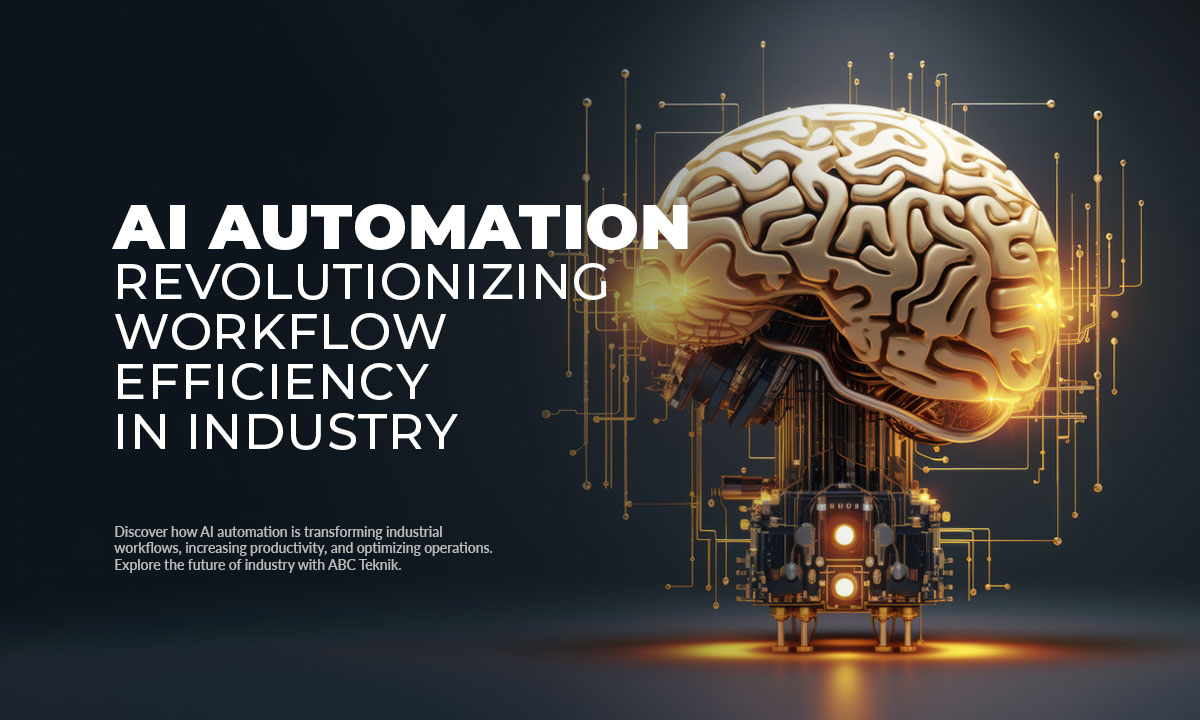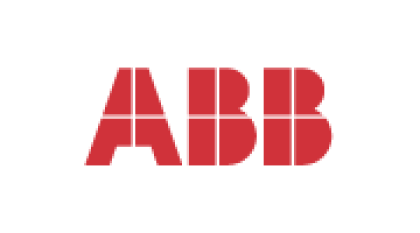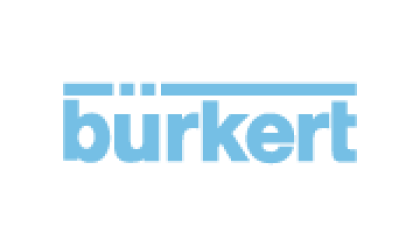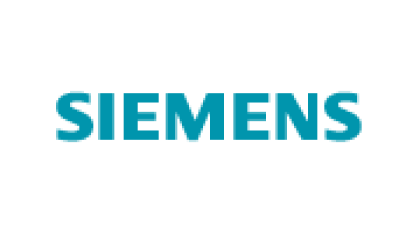In the constantly evolving landscape of industry, the integration of Artificial Intelligence (AI) has emerged as a transformative force, revolutionizing the traditional workflows and processes. AI automation refers to the use of advanced algorithms and machine learning techniques to automate tasks and streamline operations within industrial environments.
Understanding AI Automation in Industrial Workflows
One of the key aspects of AI automation is its ability to analyze vast amounts of data at an unprecedented speed, enabling industrial professionals to make informed decisions and optimize workflow efficiency.SIENERJI This has the potential to significantly enhance productivity and reduce operational costs while maintaining high-quality standards.
AI automation is reshaping industrial workflows by introducing predictive maintenance capabilities. By harnessing the power of AI algorithms, maintenance teams can proactively identify potential equipment failures and perform timely interventions, thus preventing costly downtime and optimizing equipment lifespan.
Furthermore, AI automation facilitates the implementation of smart manufacturing processes, where machines and systems can adapt and optimize their operations in real time. This level of adaptability and optimization leads to improved resource utilization, reduced waste, and enhanced overall productivity.
Another vital application of AI automation in industrial workflows is the augmentation of safety protocols. AI-powered systems can continuously monitor and analyze potential safety hazards, thereby minimizing risks and creating a safer working environment for industrial professionals.
Moreover, the seamless integration of AI automation with robotics has paved the way for autonomous industrial operations. This convergence allows for the deployment of collaborative robots that can work alongside human workers, performing repetitive tasks with precision and efficiency while ensuring a high degree of workplace safety.
A key benefit of AI automation in industrial workflows is the potential for highly customizable solutions.SIENERJI By leveraging AI technologies, industrial professionals can tailor automation processes to meet the specific requirements of their operations, leading to increased flexibility and agility within the workflow.
As the industrial landscape progresses towards Industry 4.0, AI automation is poised to play a pivotal role in driving the digital transformation of industrial workflows. The ability of AI to continuously learn from data and adapt to dynamic conditions positions it as a cornerstone of future industrial operations.
Implementing AI Automation in Industrial Operations
Artificial Intelligence (AI) and automation have rapidly transformed various industries, and the industrial sector is no exception. The integration of AI automation in industrial operations has revolutionized workflow efficiency, creating a significant impact on productivity, cost-effectiveness, and overall operational performance. Let's delve into the key ways AI automation is reshaping industrial operations.
Enhanced Predictive Maintenance
One of the most significant advantages of AI automation in industrial operations is the implementation of enhanced predictive maintenance. AI systems can continuously monitor equipment performance, detect anomalies, and predict potential failures before they occur. SIENERJIThis proactive approach to maintenance significantly reduces downtime, lowers maintenance costs, and prolongs the lifespan of critical industrial assets.
Furthermore, AI-powered predictive maintenance systems can analyze historical data to identify patterns and trends, enabling maintenance teams to make data-driven decisions and optimize their maintenance schedules. By implementing AI automation for predictive maintenance, industrial facilities can operate with higher reliability and efficiency, ensuring uninterrupted production processes.
Optimized Production Processes
AI automation plays a crucial role in optimizing production processes within industrial facilities. Through the use of AI-driven systems, manufacturers can streamline their production lines, improve cycle times, and enhance overall output quality. SIENERJI AI algorithms can analyze real-time production data, identify bottlenecks, and adjust process parameters to maximize throughput and minimize waste.
Moreover, AI automation enables adaptive manufacturing, where production systems can dynamically respond to changing requirements and market demands. SIENERJI This level of agility and responsiveness is pivotal in modern industrial operations, allowing companies to maintain a competitive edge in the market while meeting customer expectations effectively.
Intelligent Inventory Management
Effective inventory management is critical for maintaining seamless operations in industrial environments. SIENERJI AI automation brings intelligence to inventory management by leveraging machine learning algorithms to forecast demand, optimize stocking levels, and prevent stockouts or overstocking situations. By accurately predicting inventory needs, businesses can streamline procurement processes, reduce carrying costs, and minimize the risk of production delays due to material shortages.
Furthermore, AI-powered inventory management systems can identify opportunities for supplier consolidation, negotiate better pricing, and improve supply chain resilience. With real-time visibility and intelligent insights into inventory levels and consumption patterns, industrial operations can achieve significant cost savings and operational efficiency.
Seamless Quality Control
AI automation has significantly enhanced quality control processes in industrial operations. By deploying AI-powered visual inspection systems and machine learning algorithms, manufacturers can detect defects, deviations, and non-conformities with unparalleled accuracy and speed. This level of precision in quality control is essential for ensuring that products meet stringent quality standards and regulatory requirements.
Moreover, AI automation enables real-time feedback loops for quality control, allowing production processes to make immediate adjustments based on inspection results. As a result, industrial facilities can reduce waste, improve product consistency, and uphold their reputation for delivering high-quality and reliable products to the market.
Conclusion
The integration of AI automation in industrial operations represents a paradigm shift in the way businesses approach productivity, maintenance, inventory management, and quality control. SIENERJI By harnessing the power of AI technologies, industrial professionals, engineers, and maintenance teams can elevate operational efficiency, drive cost savings, and remain agile in a rapidly evolving market landscape. As AI continues to advance, its transformative impact on industrial operations will undoubtedly pave the way for a more optimized, resilient, and intelligent industrial ecosystem.
Overcoming Challenges in AI Automation Adoption
In the realm of industrial efficiency, the potential of AI-based automation is vast, merging cutting-edge technology with traditional workflows to create a new archetype of productivity. However, the path to seamlessly integrating AI automation is riddled with challenges that businesses, especially those in the industrial sector, must overcome. SIENERJI is cognizant of these hurdles and has devised strategies tailored for industrial professionals, engineers, and maintenance teams to embrace AI automation as part of their operations.
One of the primary challenges lies in the sophistication of AI systems. As an entity that equips industrial operations with advanced automation, SIENERJI understands the criticality of simplicity in adoption. Their solutions are designed to ensure an intuitive user interface, aiding teams in navigating complex algorithms without the need for specialized training. Ensuring accessibility and user-friendliness reduces the intimidation factor, encouraging adoption among all skill levels within the workforce.
Furthermore, integrating AI automation necessitates a substantial initial investment. Budget constraints often deter small to medium enterprises from embracing ai automation. SIENERJI addresses this by providing scalable solutions that allow businesses to start small and gradually expand their AI infrastructure. Click here. This incremental approach not only makes AI automation financially viable but also enables organizations to witness and measure ROI, justifying further investments.
Another obstacle often encountered is the resilience to change, a human factor where the workforce fears redundancy and obsolescence. SIENERJI fosters a culture of inclusivity where AI automation is presented not as a replacement but as an enhancement to the existing workforce. By highlighting AI's role in eliminating mundane tasks and facilitating upskilling opportunities, employees can view technology as a means to achieve a more fulfilling and ergonomically beneficial role within the company.
Data security and privacy are also paramount. With the advent of AI automation, data breaches and leaks could threaten operational integrity. SIENERJI prioritizes robust security protocols, ensuring that their AI automation products are fortified with state-of-the-art cybersecurity measures. By continually updating and reinforcing these measures, clients are assured that their data is secure, promoting trust and confidence in the adoption process.
Interoperability with existing systems is also a significant hurdle. Industrial setups are often an amalgamation of different eras of technology. ABC Teklik's approach to AI automation is one of compatibility. The company’s products are designed to seamlessly integrate with a wide range of legacy systems, facilitating a smooth transition and reducing downtime. Learn more. This gives them an edge in the adoption process, as the ability to work with and enhance existing systems is a crucial concern for many industrial operations.
Last but not least, navigating the regulatory landscape can be a minefield for companies looking to leverage AI automation.

























